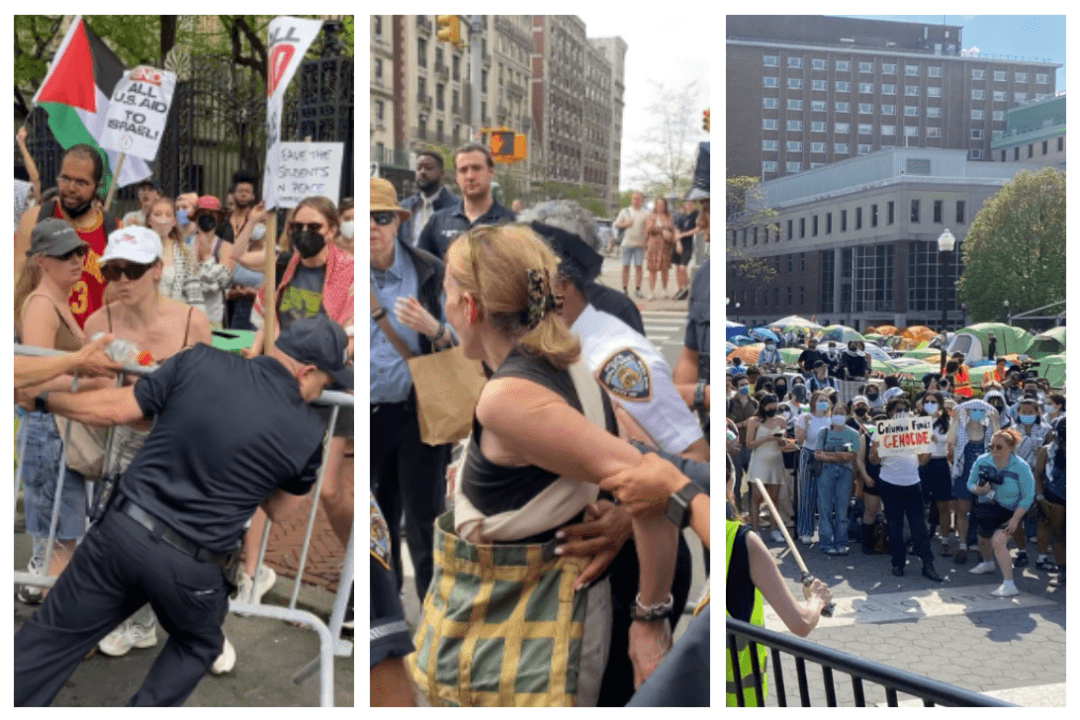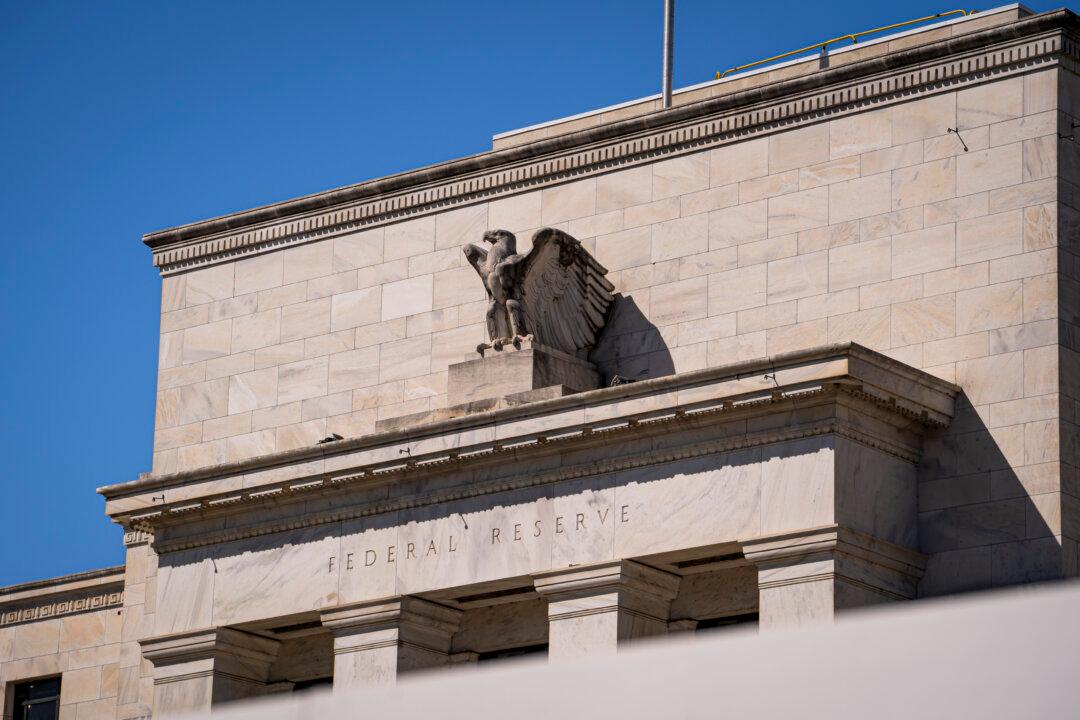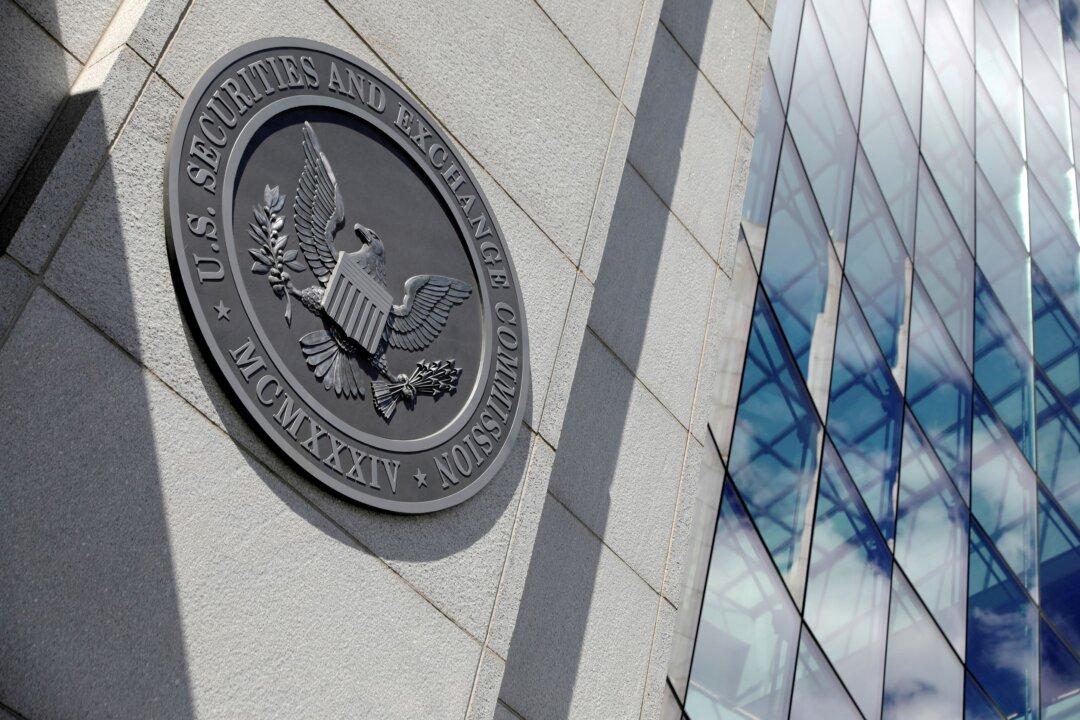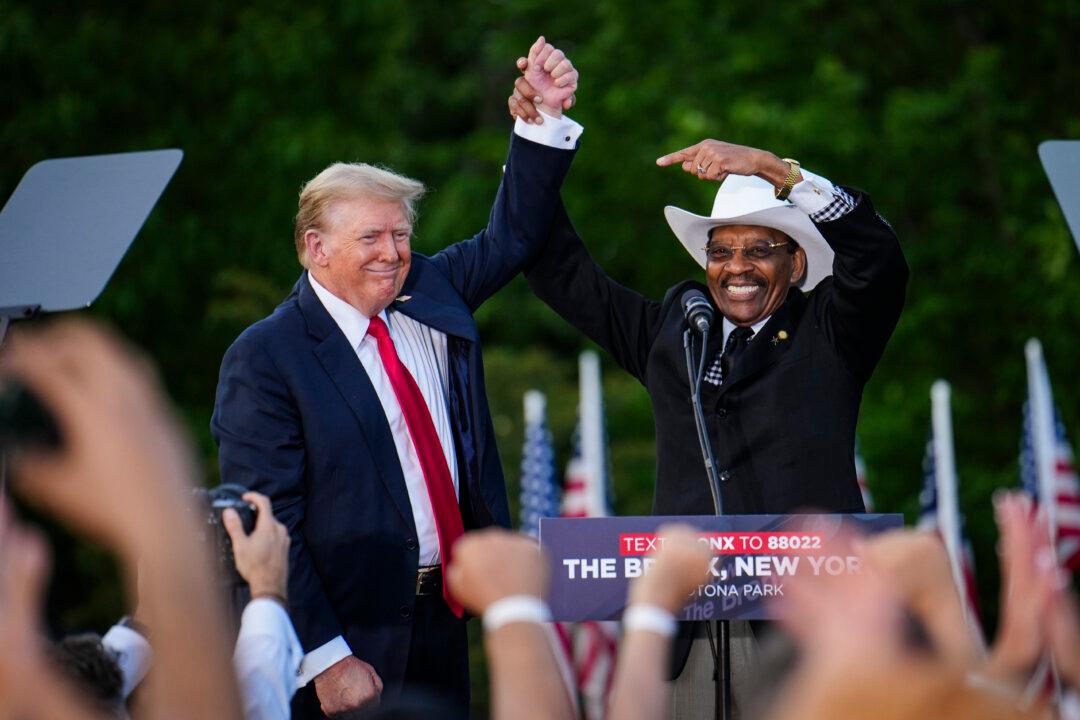NEW YORK—Under increasing pressure, the president of Columbia University started suspending students involved in a pro-Palestinian encampment on campus who had exceeded a newly set deadline.
Columbia University had urged students in a notice to dismantle the encampment voluntarily by 2 p.m. ET on Monday, warning that failure to do so would result in suspension and exclusion from completing the semester.




